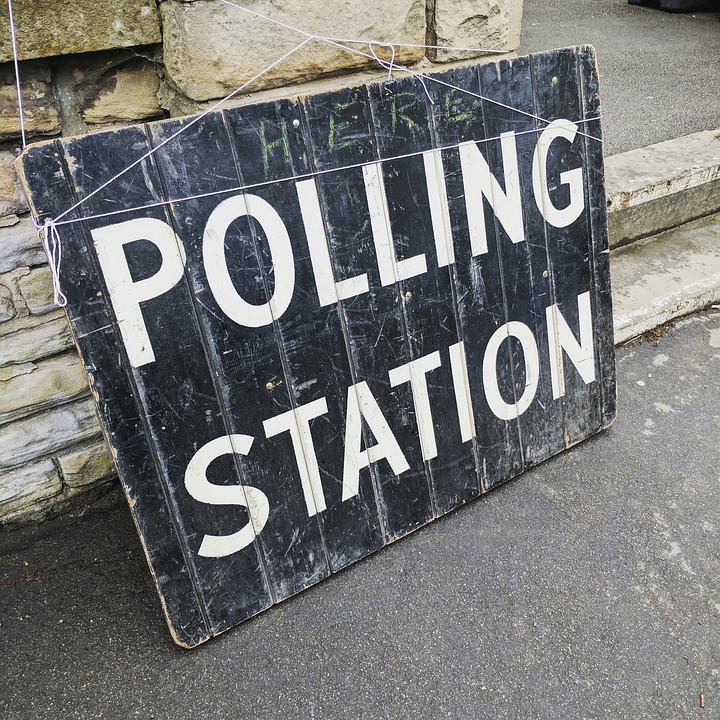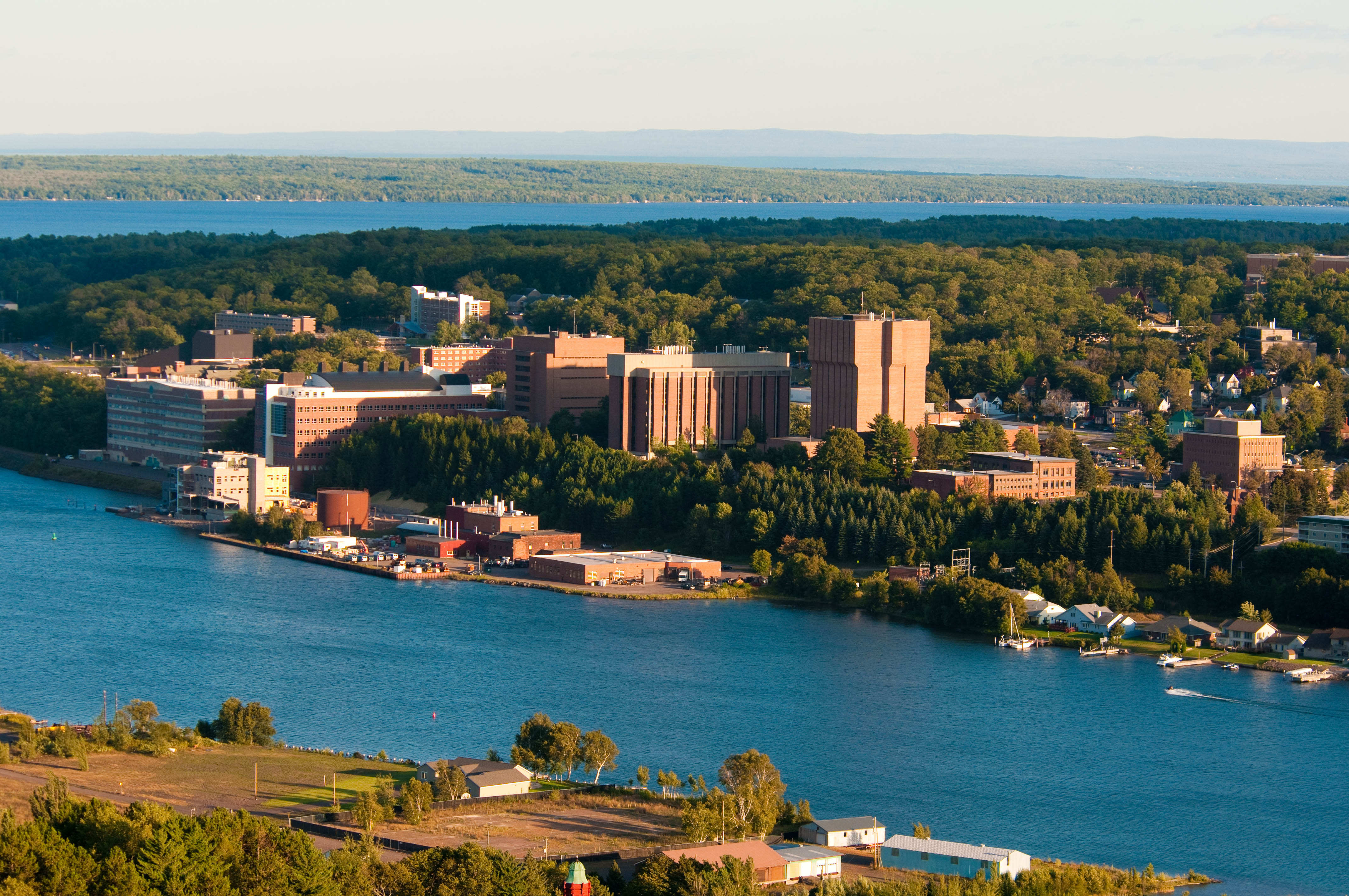There has been ample speculation about whether Mark Zuckerberg or Tim Cook might run for president; speculation which has been categorically denied. But beyond policies and individual issues what might happen if one of the big-tech CEOs became president?
Zuckerberg has conveniently set himself the challenge of visiting all 50 states by the end of the year.
And Cook has been traveling around plenty with good business reasons to do so, like opening up a new factory in the Midwest, while voicing many a political view. They have both publicly stated that they are not running for president, but they also seem to be doing everything you’d expect from someone who plans to run for president. Zuck has, for example, hired a veritable army of ex-presidential-campaign managers.
They have good cover, it’s perfectly reasonable for CEOs of businesses that big to tour a lot. Which, in some ways, highlights the position they’re in. They have enough money and enough power as it is, why would they want to run for president? Although that argument sort of undermines itself, any self-respecting president (present incumbent excluded) would run for office because they felt compelled. Not because they needed to, or even because they wanted to, but because they felt they had to.
Big picture, how does this all fit into the current political scenery?
So off they go on their tours. And, make no mistake, the Midwest is crucial. Since Trump’s election there is a feeling that these ex-industrial areas of the US is where the new political center is. That’s where any policies which might be a touch high-falutin’ will be confronted with people fearing for their jobs and their family’s well being, and become instantly and forcefully grounded. The Midwest is the real-world test, the area which can pop your leftist, metropolitan, liberal bubble.
This is all speculation, for sure. But let’s not kid ourselves that it’s all too early. Even members of the Democratic party are beginning to jostle for position whilst denying they’re doing so. The problem is that while it’s not too early to start maneuvering it is too early to mention presidential ambitions. So if someone was running for president you’d expect them to deny it, and it’s not a lie they’ll ever be held to, if they do then announce everyone will shrug and say “well of course he denied it last year.” They’re unlikely to lash out with “you lied, man!”
It’s generally assumed they if Cook or Zuck did run they would do it as part of the Democratic party. Their politics just fit there very neatly. To further examine the current political landscape, the Democrats are in a bit of a pickle, the party is ideologically split between those who think Bernie harmed Clinton’s race and those who think Bernie could have pulled it off. And a more pragmatic view observes that the Democratic party has no obvious choice, no one charging forward saying, “You’ve all got it wrong. Follow me.”
Amidst all of this Silicon Valley has, in many ways, become the moral center of gravity for the US in opposition to Trump’s Twitter feed. And in this light you see Zuck and Cook picking their battles very carefully. But what has become inescapably clear is that both of them are host to a combination of very real political convictions plus a willingness to not only articulate their views but lead the public conversation – even on matters like LGBT people in the military, which pose not even the most tangential business interest.
So let’s say one of them won, what might that look like?
I won’t delve into individual topics, Cook and Zuck both have well documented positions on all the key issues. Which is telling in itself, and while they’re discussing such things they have strayed pretty close to the fabled presidential voice.
It may well be that they’re not running for office, it’s just that running a company of the type and size of Silicon Valley’s Finest requires movements which are remarkably similar to a presidential run. But. Let’s take the hypothetical they are running because a) it’s more fun and b) even if these two aren’t running it’s a distinct possibility that a big-tech CEO will give it a crack at some point in the future.
Firstly, I think it would be fair to draw some similarities to presidents like Obama and Clinton, and highlight that they would not be similar to presidents like Bush, Reagan or Trump. That is to say, they would be cerebral, they would make one think. They are people who are used to dissecting issues, thinking deeply and forming understandings regardless of the status quo. They may or may not be good communicators like Clinton or Reagan, but we’d find out.
As much is already apparent from Zuckerberg’s thoughtful and measured response to The Great Fake News debacle of 2016 and Tim Cook’s principled stance on encryption against the FBI. The only concern here is that whether they were operating with the long-term health of their respective companies in mind or sticking with their personal convictions might be besides the point. What is true in the context of politics is that they were free of pressure from lobbyists, pollsters, campaign donors and members of congress, so it remains to be seen how well they can stick by these principles when faced with The Hill.
Following on from that, is a further concern. The modus operandi of the tech industry tends to be one that is acting quickly and iterating on failures. This was even a point made in Tech Against Terrorism’s initial report – the product of cross-business collaboration from tech’s biggest names on the question of how to combat terrorism – which stated “The technology sector sometimes refers to the importance of failing fast – learning from real world experience and adapting in near real-time” (emphasis mine).
So it will be interesting to see how this approach fairs when it has to deal with the frustrating gridlock congress is capable of producing. Even critics of Trump would concede that he is supposed to be a deal maker which could be a useful trait in the Oval Office, but that doesn’t seem to have gotten him very far since he’s been in office. A big-tech CEO might be in for a similar fate.
And there is potentially another similarity to Trump. These tech CEOs have not held office before, not in the senate or the house or a governor’s mansion. So while we have a rough idea of where they stand on a set of issues, neither their resolve nor their efficacy have been tested. It may well be that if a big-tech CEO steps into the White House, we enter a similar first 100 days as Trump’s initial stint; a process of Washington and its public representatives, lobbyists, media and staff having to spend time becoming acquainted with the new executive office to the detriment of policy implementation.
So I guess it will be a case of whether their smarts are such that they are able to navigate these pre-laid pitfalls. I suspect – at the very least and despite any previous experience of lobbying lawmakers – that they will amount to a culture shock.
That all being said, I think they stand a good chance of being successful. They have ample cash to fund a campaign, they’re smart, and in many ways their natural stance is centrist. They tend to be socially liberal while also being businesspeople, their guiding principles seem to be founded in the principles of the open internet which, being grounded in the rights of the individual, is pretty similar to the US Constitution. They can often be found taking a naturally free-market anti-regulation stance which will appeal to the right. Their even in favor of universal basic income, which could act as an olive branch to the Bernie wing of the Democratic party.
The only thing they could inherently be accused of based on their background and documented views is being liberal, metropolitan elites in a bubble unconnected to Real America. They will need to combat this early by creating a policy which appeals to lower-income workers whose main concern is paying their next electricity bill, and putting this policy “front and center” of their campaign. If I were trying to get a feeling for such a policy, I might take a tour of the ex-industrial Midwest states.









